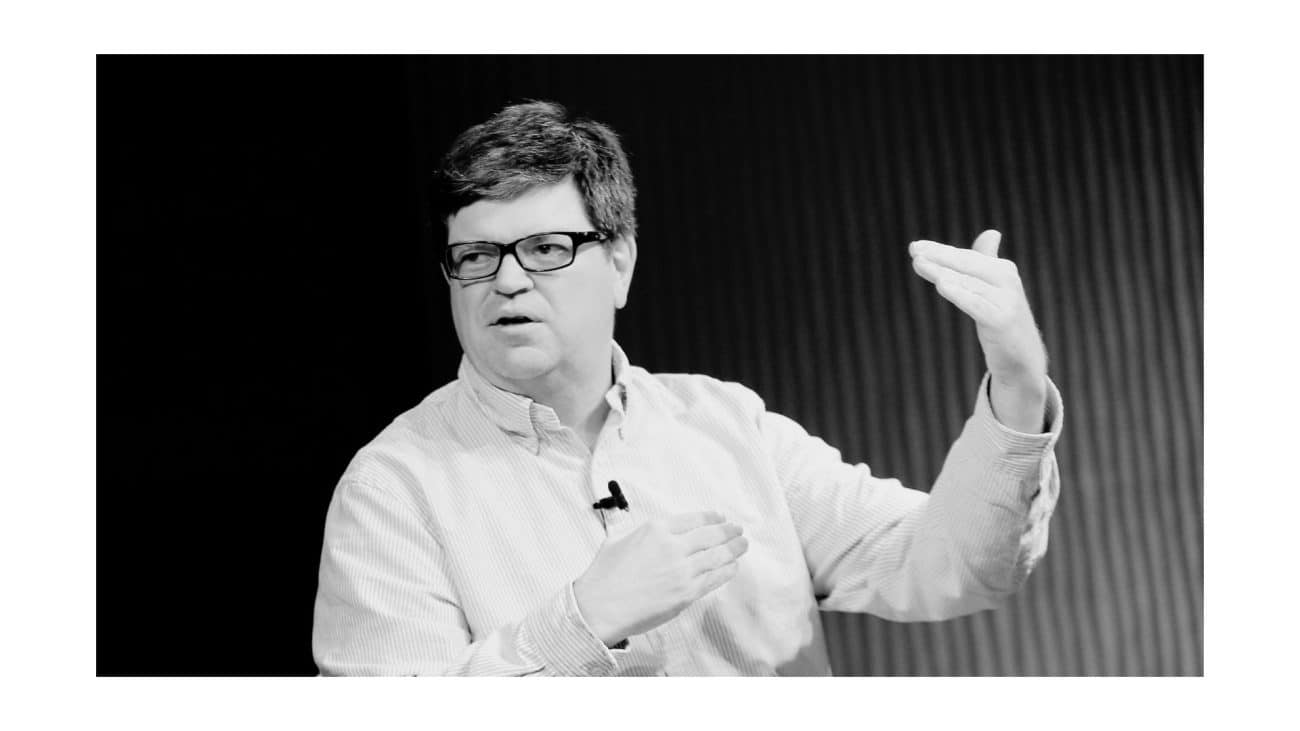WhatsApp Data of 3.5 Billion Users Scraped in Record-Breaking Research Study
NegativeArtificial Intelligence
- Researchers from the University of Vienna have scraped data from 3.5 billion WhatsApp users, revealing serious privacy risks associated with the platform. This incident highlights vulnerabilities in the app's data protection mechanisms.
- The scraping of such a vast amount of user data raises critical concerns for Meta, as it underscores the need for enhanced security protocols to safeguard user information and maintain trust in their services.
- This event reflects ongoing debates about privacy in digital communication, particularly as WhatsApp's user base continues to grow, raising questions about the effectiveness of current security measures and the responsibilities of tech companies in protecting user data.
— via World Pulse Now AI Editorial System





